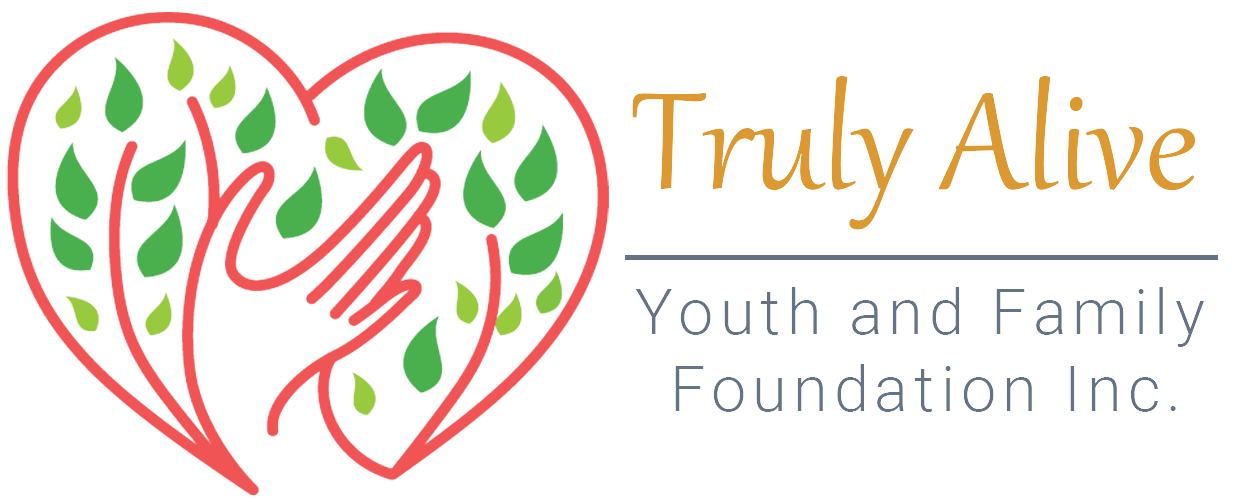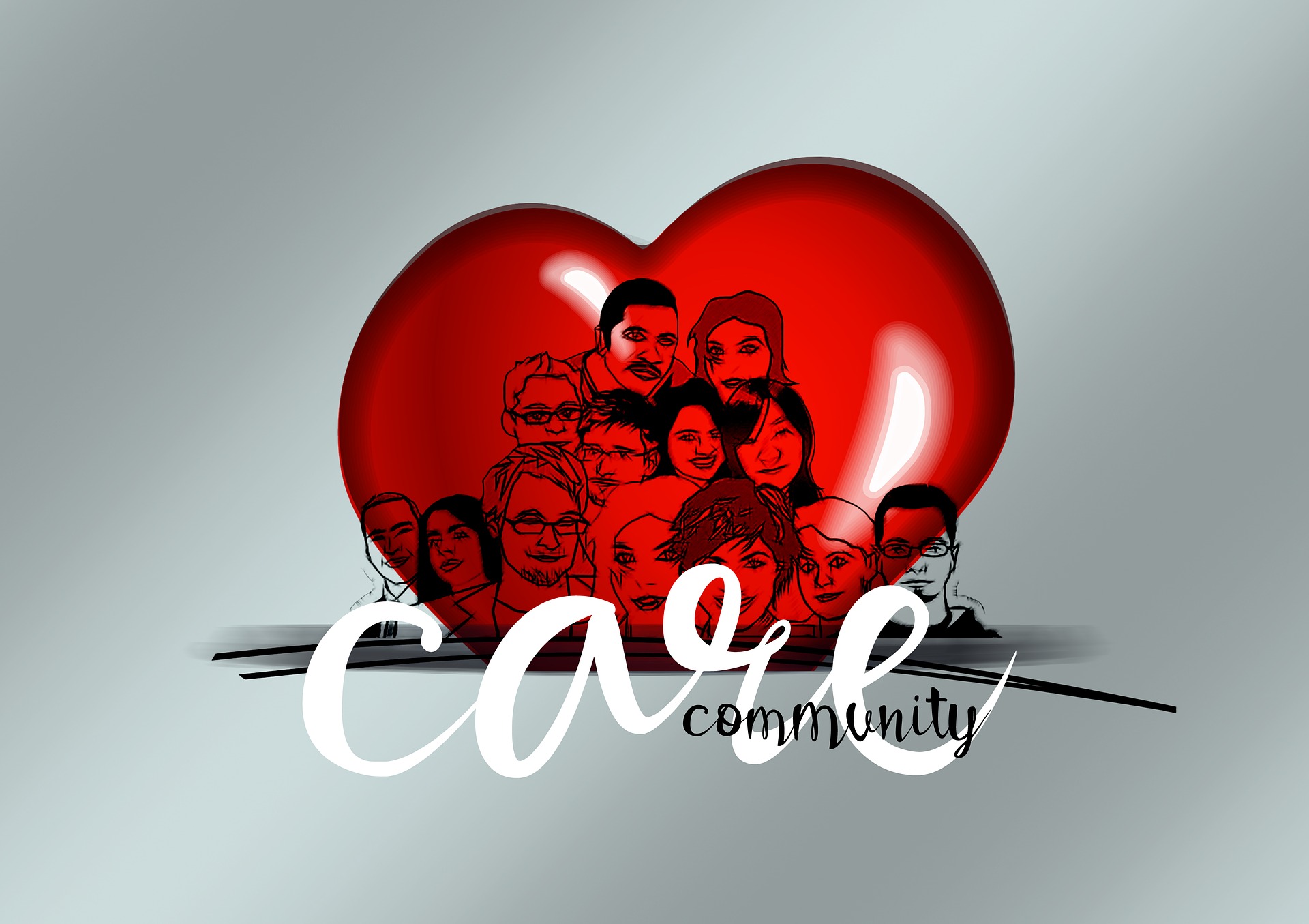The Crucial Role of Dialect in Healthcare: Bridging the Gap for Effective Communication.
Language is much more than a system of communication; it serves as a portal into diverse cultures, traditions, and ways of life (Gelman & Roberts, 2017) ¹. Interpreters have a pivotal role to play in this context, acting as mediators to bridge linguistic divides and ensure accurate, meaningful exchanges of information (Okoniewska, 2022) ². However, one critical component often overlooked is dialect proficiency, which extends beyond merely knowing a language to include understanding its regional nuances, variations, and cultural context (Britannica, n.d.)3 Dialects, characterized as regional or social variants of a language distinguished by pronunciation, grammar, and vocabulary, embody unique expressions, and slang that often lack direct translations or equivalents in standard language or other dialects (Britannica, n.d.)3 For instance, Swahili, spoken widely across East Africa, demonstrates the importance of dialect proficiency. A term in one Swahili dialect can convey a completely different meaning in another, leading to potential misunderstandings if not interpreted accurately (University of Wisconsin-Madison Students in African 671, n.d.)4. This article underscores the critical role of dialect proficiency in healthcare interpretation and its importance in fostering effective and culturally sensitive communication.
An example of the critical role of dialect in healthcare can be gleaned from my experience as a volunteer interpreter. In Kenya, ‘doctor’ is referred to as ‘daktari’, while in Tanzania, the term is ‘mganga’. However, ‘mganga’ in Kenyan Swahili dialect is associated with a ‘witchdoctor’. Misunderstanding this term once led to a potentially harmful situation with a Tanzanian client. I informed the client that I did not know any ‘mganga’, thinking they were looking for a witch doctor, not a medical doctor. This instance reflects how misunderstandings in healthcare, where terminologies are complex and critical, can lead to delays in treatment or inappropriate guidance (Pandey et al., 2021)5. An even more profound example involves a man who delayed deciding about keeping his son on a life support machine because he could not understand the dialect of the interpreter. This not only prolonged the patient’s suffering but also kept the child in an uncertain state. Situations like this highlight the urgent need for dialect-proficient interpreters in healthcare.
Moreover, dialect unproficiency can negatively affect the patient-provider relationship. As a nursing student, I have seen how patients can become frustrated when they cannot fully comprehend an interpreter due to dialect differences. I have witnessed patients who, feeling alienated and misunderstood, chose not to return for subsequent healthcare services. Such occurrences not only affect individual patients but can also lead to wider public health issues when people avoid seeking necessary care.
From the above scenarios, it is clear that current interpreter recruitment processes should extend beyond evaluating only language proficiency, they need to prioritize dialect proficiency as well (Woll et al., 2020)6. While securing dialect-proficient interpreters might seem daunting, this challenge can be mitigated by refining recruitment processes and enhancing public awareness. For instance, community events could serve as valuable platforms for raising awareness about the significance of interpreter roles and recruiting prospective interpreters. There is also a pressing need to augment funding for interpretation services, particularly in countries like Canada, which alone welcomed over 431, 645 immigrants in 2022 (Statistics Canada, 2023)7. Continuous professional development and training could further enrich interpreters’ comprehension of varied dialects, consequently improving their interpretation proficiency (Woll et al., 2020)6.
In conclusion, embracing and respecting linguistic diversity, including the intricacies of dialects, is crucial for effective and empathetic healthcare. Dialect proficiency in interpreters plays a vital role in accurately interpreting and bridging cultural gaps, potentially impacting health outcomes. By investing in dialect-proficient interpreters, healthcare systems can ensure that language barriers do not prevent individuals from receiving the quality healthcare they need and deserve.
Work Cited
- Gelman, S. A., & Roberts, S. B. (2017). How language shapes the cultural inheritance of categories. Proceedings of the National Academy of Sciences of the United States of America, 114(30), 7900–7907. https://doi.org/10.1073/pnas.1621073114
- Okoniewska, A. M. (2022). Interpreters’ roles in a changing environment. Interpretors Role in a Changing Environment, 28(2), 139–147. https://doi.org/10.1080/13556509.2022.2124712
- Encyclopedia Britannica. (n.d.). Dialect (language). In Encyclopedia Britannica. Retrieved May 21, 2023, from https://www.britannica.com/science/dialect-language
- University of Wisconsin-Madison Students in African 671. (2019). Resources for Self-Instructional Learners of Less Commonly Taught Languages. [Pressbooks]
- Pandey, M., Maina, R. G., Amoyaw, J., Li, Y., Kamrul, R., Michaels, C. R., & Maroof, R. (2021). Impacts of English language proficiency on healthcare access, use, and outcomes among immigrants: a qualitative study. BMC Health Services Research, 21(1). https://doi.org/10.1186/s12913-021-06750-4
- Woll, A., Quick, K. K., Mazzei, C., Selameab, T., & Miller, J. L. (2020). Working With Interpreters as a Team in Health Care (WITH Care) Curriculum Tool Kit for Oral Health Professions. MedEdPORTAL. https://doi.org/10.15766/mep_2374-8265.10894
- Statistics Canada. (2023). Canada welcomes historic number of newcomers in 2022. www.canada.ca.immigration-refugeesCanada


